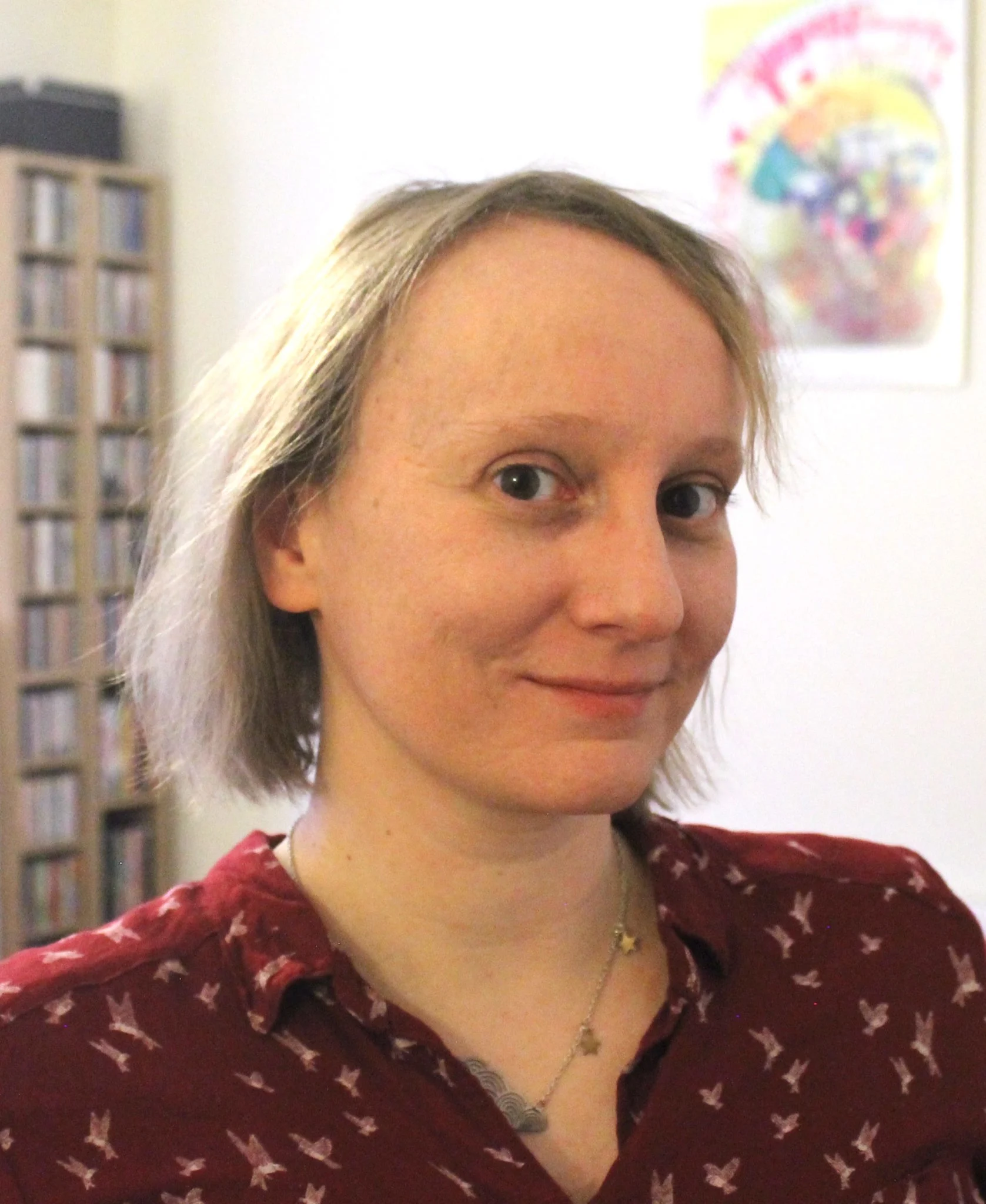
Sustainability
4 minute read
3 climate heroes you may not have heard of before
All around the world people are working in the shadows to tackle climate change. By showcasing three lesser-known climate heroes from different parts of the world, we want to celebrate all of them.
In the last few years climate activism has taken off on a large scale, with some high-profile groups and individuals receiving regular media attention. But people have been fighting for the climate for decades and many other impactful voices haven’t been heard as much as they deserve.
These include experts in different fields, campaigners, decision makers, and scientists who have spoken out about climate change and actively helped to find solutions. To showcase some of these lesser-known climate heroes, we compiled this short list of people you should get to know, even if they haven’t been in the spotlight recently or internationally.
Ngụy Thị Khanh
Nguy Thi Khanh grew up near a coal plant in Northern Vietnam, where she saw first-hand how fossil fuels affected the health of people in her local community. This inspired her to pursue a career in fighting for environmental issues.
Her initial focus as a climate activist was on water conservation and she was deputy director of the Centre for Water Resources, Conservation and Development between 2007 and 2011. But when the Vietnamese government announced an energy plan that was heavily based on coal, she knew that she had to take action.
Khanh founded the Green Innovation and Development Centre (GreenID), a think-tank that brings together many different experts and media representatives, to launch a campaign warning the people of Vietnam about the environmental impact of coal and to promote more sustainable solutions.
The government listened, and in 2016 announced a new energy plan that incorporated Khanh’s recommendations for more sustainable solutions. According to the new plan, Vietnam now plans to include 21% wind, solar and biomass energy sources by 2030.
Khanh is also starting to be recognized for her work at an international level. In 2018, she was the first Vietnamese winner of the Goldman Environmental Prize, and in 2019 she received an award from the Climate Breakthrough Project to support her ongoing campaign toward scaling up renewable energy in Vietnam.
Marja Salo
What does it take for people to change to a more sustainable lifestyle? That is what Finnish researcher Marja Salo has been trying to find out. For the past decade she has been working on sustainable household consumption.
She has developed online tools that people can use to calculate their own carbon footprint. For example, she worked on calculators for the Finnish Environment Institute (SYKE), Helsinki Region Transport and others.
But recently Salo has taken a more academic approach and has been researching how well such calculators lead to changes in human behaviour. In her PhD research at the University of Helsinki, she found that calculators can be helpful if there are resources available to make changes, but calculators alone are not enough to drive sustainable action. Without support from their surroundings, people will find it hard to take action based on these calculations alone. For example, someone might learn that they can live more sustainably if their house has better insulation, but if they don’t have the funds or expertise to make the required renovations they aren’t able to take the next step.
Salo’s research encourages organizations to not just develop tools for individuals to calculate their environmental impact, but to make sure that these are linked to possible solutions so people can make effective changes to their footprint.
Rajagopalan Vasudevan
Rajogopalan Vasudevan came up with an innovative solution to reduce plastic waste by finding a way to use shredded plastic as a component for construction materials.
Vasudevan is a Professor at the Thiagarajar College of Engineering in Tamil Nadu, India, where he started working on a solution to the plastic waste problem about twenty years ago. He was concerned that banning plastic altogether would negatively affect lower-income families in particular, so he wanted to focus on a way to better manage plastic waste.
He ran several experiments and discovered that shredded plastic can be coated over gravel and mixed with hot bitumen to form new durable road surface materials. The Indian government took note, and has required that any new roads built near large cities now need to use recycled plastic.
Inspired by Vasudevan’s work, other countries have also started looking at incorporating plastic in road surfaces, and some have come up with their own formulations that even further reduce the bitumen needed in the process.
Credits: Dr. Eva Amsen, a science writer and communicator whose work has appeared on Forbes, Nautilus and The Scientist. Twitter
